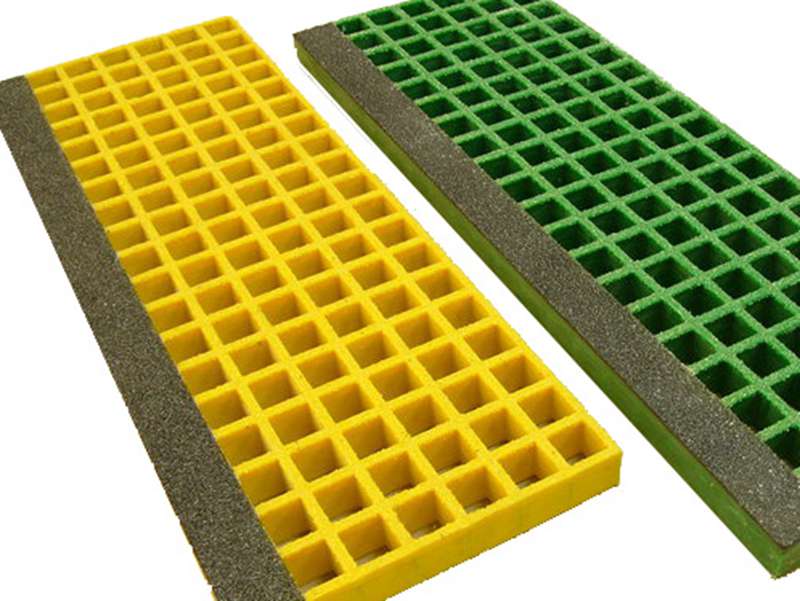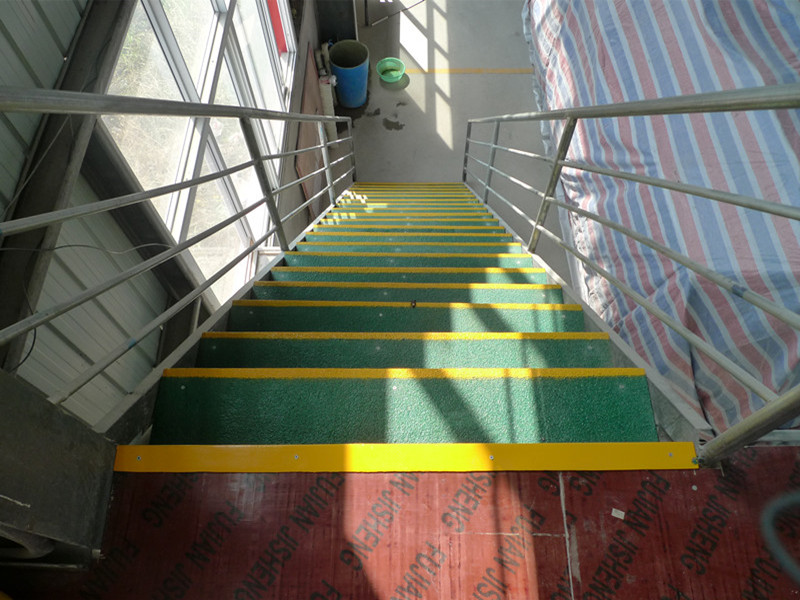
-
 Afrikaans
Afrikaans -
 Albanian
Albanian -
 Amharic
Amharic -
 Arabic
Arabic -
 Armenian
Armenian -
 Azerbaijani
Azerbaijani -
 Basque
Basque -
 Belarusian
Belarusian -
 Bengali
Bengali -
 Bosnian
Bosnian -
 Bulgarian
Bulgarian -
 Catalan
Catalan -
 Cebuano
Cebuano -
 China
China -
 China (Taiwan)
China (Taiwan) -
 Corsican
Corsican -
 Croatian
Croatian -
 Czech
Czech -
 Danish
Danish -
 Dutch
Dutch -
 English
English -
 Esperanto
Esperanto -
 Estonian
Estonian -
 Finnish
Finnish -
 French
French -
 Frisian
Frisian -
 Galician
Galician -
 Georgian
Georgian -
 German
German -
 Greek
Greek -
 Gujarati
Gujarati -
 Haitian Creole
Haitian Creole -
 hausa
hausa -
 hawaiian
hawaiian -
 Hebrew
Hebrew -
 Hindi
Hindi -
 Miao
Miao -
 Hungarian
Hungarian -
 Icelandic
Icelandic -
 igbo
igbo -
 Indonesian
Indonesian -
 irish
irish -
 Italian
Italian -
 Japanese
Japanese -
 Javanese
Javanese -
 Kannada
Kannada -
 kazakh
kazakh -
 Khmer
Khmer -
 Rwandese
Rwandese -
 Korean
Korean -
 Kurdish
Kurdish -
 Kyrgyz
Kyrgyz -
 Lao
Lao -
 Latin
Latin -
 Latvian
Latvian -
 Lithuanian
Lithuanian -
 Luxembourgish
Luxembourgish -
 Macedonian
Macedonian -
 Malgashi
Malgashi -
 Malay
Malay -
 Malayalam
Malayalam -
 Maltese
Maltese -
 Maori
Maori -
 Marathi
Marathi -
 Mongolian
Mongolian -
 Myanmar
Myanmar -
 Nepali
Nepali -
 Norwegian
Norwegian -
 Norwegian
Norwegian -
 Occitan
Occitan -
 Pashto
Pashto -
 Persian
Persian -
 Polish
Polish -
 Portuguese
Portuguese -
 Punjabi
Punjabi -
 Romanian
Romanian -
 Russian
Russian -
 Samoan
Samoan -
 Scottish Gaelic
Scottish Gaelic -
 Serbian
Serbian -
 Sesotho
Sesotho -
 Shona
Shona -
 Sindhi
Sindhi -
 Sinhala
Sinhala -
 Slovak
Slovak -
 Slovenian
Slovenian -
 Somali
Somali -
 Spanish
Spanish -
 Sundanese
Sundanese -
 Swahili
Swahili -
 Swedish
Swedish -
 Tagalog
Tagalog -
 Tajik
Tajik -
 Tamil
Tamil -
 Tatar
Tatar -
 Telugu
Telugu -
 Thai
Thai -
 Turkish
Turkish -
 Turkmen
Turkmen -
 Ukrainian
Ukrainian -
 Urdu
Urdu -
 Uighur
Uighur -
 Uzbek
Uzbek -
 Vietnamese
Vietnamese -
 Welsh
Welsh -
 Bantu
Bantu -
 Yiddish
Yiddish -
 Yoruba
Yoruba -
 Zulu
Zulu
Steps: Simple Solutions for Every Process
Steps are critical structural and functional components found throughout industrial facilities, municipal infrastructure, petrochemical plants, waterworks, and metallurgy sites. As the backbone of safe access solutions, high-performance Steps must comply with stringent mechanical, chemical, and longevity criteria.
In this article, we provide an in-depth exploration of Steps—from cutting-edge material science and rigorous fabrication process flow, to competitive industry analytics, certification benchmarks, technical parameters, and application scenarios.
Whether you are a specification engineer, a procurement specialist, or an asset owner, you'll find actionable intel including production diagrams, specification and performance tables, technical standards, and real-world cases supported by third-party authoritative data.
Product: Steps
Official Site: https://www.jrain-frp.com/steps.html

According to MarketsandMarkets™, the global demand for high-performance Steps, including advanced FRP (Fiber Reinforced Plastic) and metal variants, is expected to surge by 6.5%–8% CAGR over the next 5 years (2024–2029) within sectors such as infrastructure, refinery, municipal utilities, and heavy industry.
Regulatory drives (OSHA, EN, ISO), and the shift toward corrosion-resistant, energy-saving, and low-maintenance products are major catalysts.
- Petrochemical – 33%
- Municipal Utility (Waterworks, Sewage) – 26%
- Metallurgical Plants – 15%
- Construction Infrastructure – 17%
- Other (Marine, Mining) – 9%
| Parameter | FRP Steps | Stainless Steel Steps | Galvanized Steel Steps |
|---|---|---|---|
| Material Standard | Vinyl Ester/Isophthalic Resin + E-glass, ASTM D256 | SS304, SS316, ASTM A240 | Q235B, Hot Dip Zn, ASTM A153 |
| Load Capacity | 8.0–10.5 kN | 12.0–15.0 kN | 10.0–13.0 kN |
| Corrosion Resistance | Excellent (Salt/Acid/Base) | Excellent (Salt/Acid) | Moderate (Base/Moisture) |
| Service Life | 30–50 years | 20–35 years | 10–20 years |
| Temperature Range | -40°C to +120°C | -60°C to +250°C | -30°C to +80°C |
| Certifications | ISO 9001, ISO 14122-3, EN 14122 | ISO 9001, ANSI A1264 | ISO 1461, ASTM A153 |
| Weight (per step) | 1.2–1.7 kg | 2.8–3.3 kg | 2.4–2.9 kg |
| Surface Finish | Anti-slip Grit, Smooth, Custom Colors | Polished, Matte | Galvanized, Matte |
| Environmental Profile | 100% Recyclable, Non-toxic | Recyclable | Recyclable, Zn Emission |
(CNC) → Surface Pre-treatment → Forming/Casting/Forging → Assembly (Welding/Bonding/Fixings) → Finishing (Anti-slip, Coating) → Final Inspection & Testing
(ISO, ANSI) → Packaging & Delivery
- CNC machining ensures dimensional stability & precision (tolerance ≤0.2mm)
- Anti-slip grit application (DIN 51130) for enhanced safety
- 100% inspection: Load, impact, and chemical resistance testing

| Company | Country | Core Material | Certifications | Customization | Delivery Cycle |
|---|---|---|---|---|---|
| JRain FRP Official Site |
China | FRP, SS316, Galvanized | ISO 9001, EN 14122-3, SGS | Yes (OEM/ODM) | 14–28 days |
| Theseus Systems | Germany | SS304/316 | ISO 9001, TUV | Yes | 16–32 days |
| StepSafe Inc. | USA | FRP, Steel | ASTM, ISO, OSHA | Limited | 20–35 days |
| Kaizen FRP | Japan | FRP, Aluminum | ISO, JIS | Yes | 21–30 days |
Steps can be tailored for unparalleled reliability and operational effectiveness in the following key industries:
- Municipal Waterworks: Corrosion-resistant Steps withstand long-term chemical exposure in chlorination and sewage pumping pits. Average replacement interval reduced by >60% versus steel (source: Water Practice & Tech).
- Petrochemical: FRP and stainless Steps resist acidic and solvent vapors (ISO 14122-3 compliance). Installation time cuts: 35% versus welded steel steps.
- Metallurgy: High thermal stability Steps maintain structural integrity in high-load, high-temperature environments.
- Building Infrastructure: Non-conductive FRP Steps ensure safety in electrical switchgear rooms and railway tunnels.

End-User Feedback (2022–2024):
- Steelmaker, India: "FRP Steps have delivered zero corrosion even under harsh acid mist and provide secure footing for our maintenance crews, reducing safety incidents by 40%."
- Municipal Water Utility, Germany: "Service life and product consistency exceeded all DIN and ISO tests, with annual cost-of-ownership down by 58%."
- Refinery Contractor, MEA: "Lightweight Steps allowed for easy, rapid retrofitting in deep manhole risers (installation labor cut by 1/3)."
- Inquiry ➝ Quotation ➝ Design/Approval ➝ Production ➝ Inspection ➝ Shipping
Warranty: Up to 5 years with extended support.
Certifications: ISO 9001, EN, SGS, Factory QA docs available.
Technical Support: 24/7 hotline, video installation guidance, and on-site engineers (for key accounts).
Third-Party Audits: SGS, BV, or TUV audits accepted.
Project File Warranty: Documented for >10 years for reference and repeat orders.
- MarketsandMarkets™: FRP Market Growth Report (2024 ed.)
- IWA Journals: "Industrial Application of FRP Steps," Water Practice & Technology, 2023
- ASTM International, D256 Standard Test Methods for Impact Resistance
- TUV Rheinland: Certification Overview
- ScienceDirect: Performance Comparison of FRP and Metal Steps
- JRain FRP Steps Product Page
Latest news
-
Smart Fittings with GPT-4 Turbo: AI-Powered PrecisionNewsJul.31,2025
-
Steps: Simple Solutions for Every ProcessNewsJul.30,2025
-
Other Products for Versatile Solutions – Quality & InnovationNewsJul.29,2025
-
High-Efficiency Winding Machines for Pipes & Tanks - Precise & Durable SolutionsNewsJul.29,2025
-
Large Size Field Tanks for Efficient Storage SolutionsNewsJul.29,2025
-
Premium Custom Covers for All Purposes - Durable & WeatherproofNewsJul.28,2025








